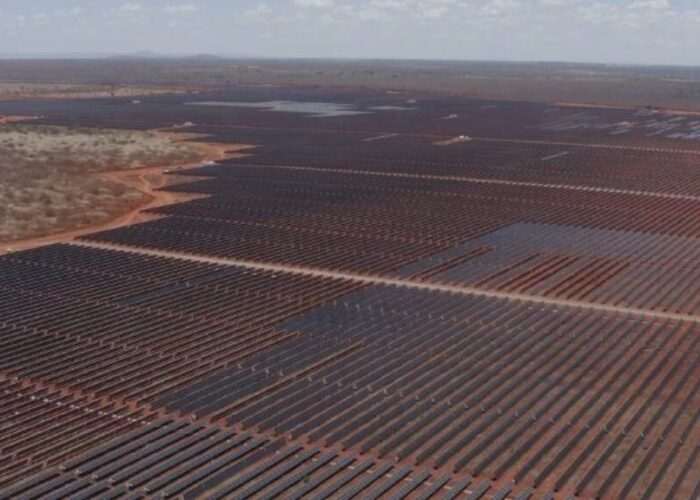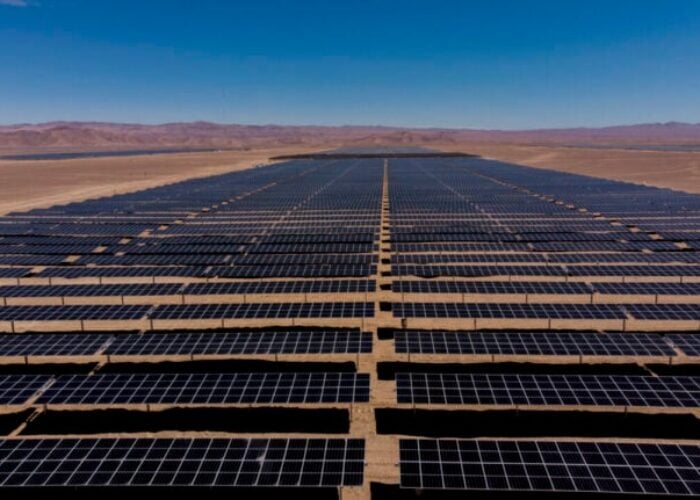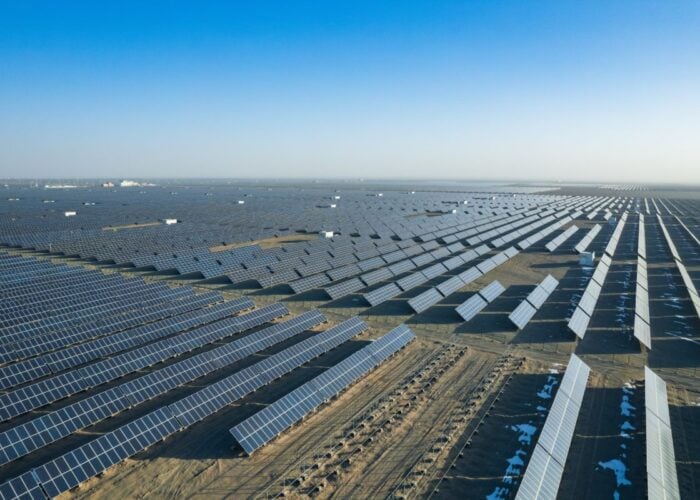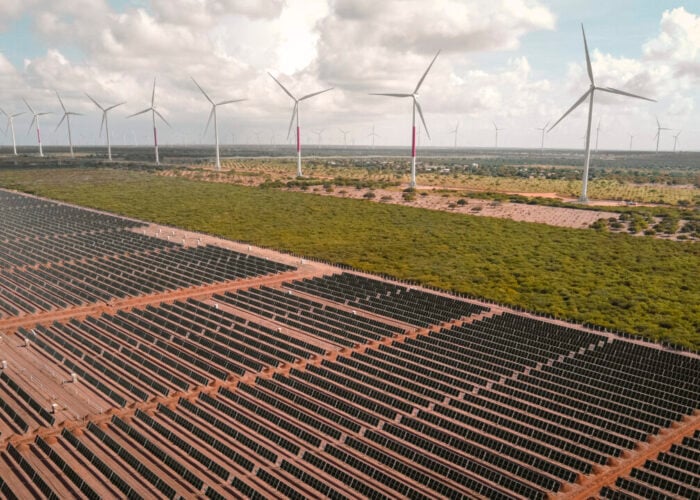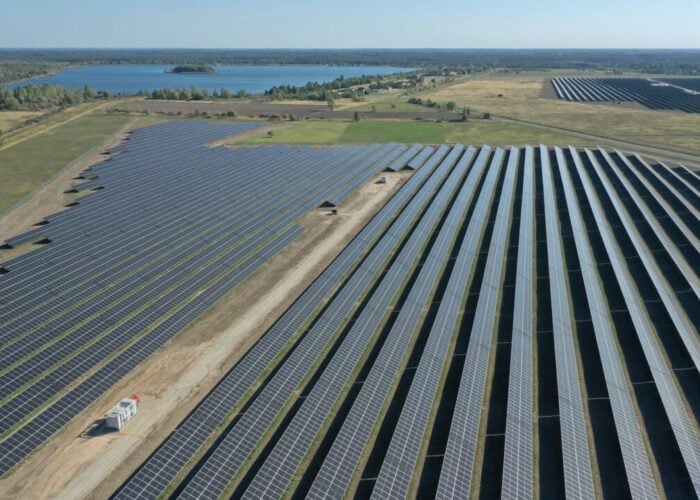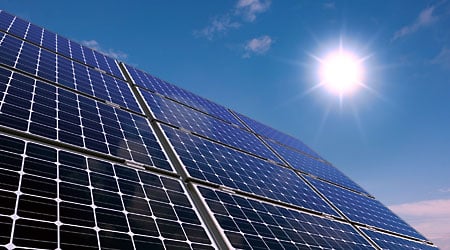
Brazil’s development bank BNDES has approved new financing conditions for the energy sector, which favour solar.
The bank has increased its share of financing the Long-Term Interest Rate (TJLP) for solar energy projects from 70% to 80%, the highest rate for all alternative and conventional energy sources.
Unlock unlimited access for 12 whole months of distinctive global analysis
Photovoltaics International is now included.
- Regular insight and analysis of the industry’s biggest developments
- In-depth interviews with the industry’s leading figures
- Unlimited digital access to the PV Tech Power journal catalogue
- Unlimited digital access to the Photovoltaics International journal catalogue
- Access to more than 1,000 technical papers
- Discounts on Solar Media’s portfolio of events, in-person and virtual
In a release, BNDES stated: “The priority given to solar energy, reflected in better financial conditions, is due to the fact the technology is in early stage of development in the country.”
As a result, the bank is putting in “demand stimuli” to achieve economies of scale and gains associated with technological diffusion and more competitive prices.
BNDES also aims to contribute to the expansion of other alternative energy sources in the Brazilian energy matrix with wind, small hydro, biomass and cogeneration all receiving up to 70% TJLP. However, hydro power saw its TJLP financing percentage from BNDES decline to 50%.
The new conditions come into effect for the next energy auctions in October and December 2016.
Brazilian solar association (Absolar) executive president Rodrigo Sauaia said it would help to restore the confidence of solar investors and domestic entrepreneurs.
“It shows that the bank's commitment is not only in speech but in action,” he added.
Sauaia said the ratification of the Climate agreement in Paris had been a factor in the bank’s decision as well as the fact that 25-30 jobs are created for every 1MW of solar in Brazil, he claimed.


